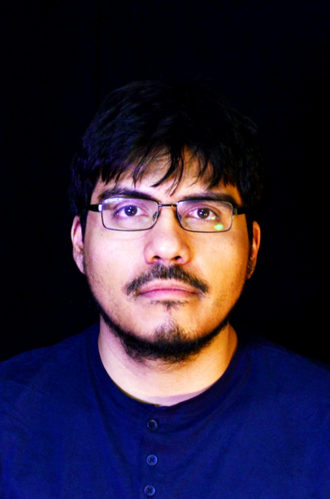This talk gives an overview of the Basis Function Models (BMs), a family of computational models of expressive music performance. The motivation for this work is to model the complex relationship between properties and structure of a given composition, and musically plausible ways of playing the piece expressively. In this way, we can learn more about this complex art.
The basic idea in the BM framework is that structural properties of a musical piece (given as a score), which are believed to be relevant for performance decisions, can be modeled in a simple and uniform way via so-called basis functions: numeric features that capture specific aspects of a musical note and its surroundings. A predictive model of performance can then predict appropriate patterns for expressive performance dimensions such as tempo, timing, dynamics and articulation from these basis functions.
A central methodological principle in this work is to take a data-driven approach: the model is not constructed manually, based on musical knowledge or hypotheses, but is learned from a large collection of real human performances, via state-of-the-art linear and non-linear machine learning algorithms. In this way it is the empirical data that dictates what the models look like, and an analysis of the learned models can provide interesting insights into the complex relation between score and performance. In addition, I present recent developments towards integrating the BM framework into a reactive, real-time accompaniment system.
Time: Monday, 28th of January 2019, 6:30 p.m. sharp
Location: Oesterreichisches Forschungsinstitut fuer Artificial Intelligence (OFAI), Freyung 6, Stiege 6, 1010 Wien
